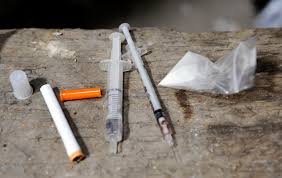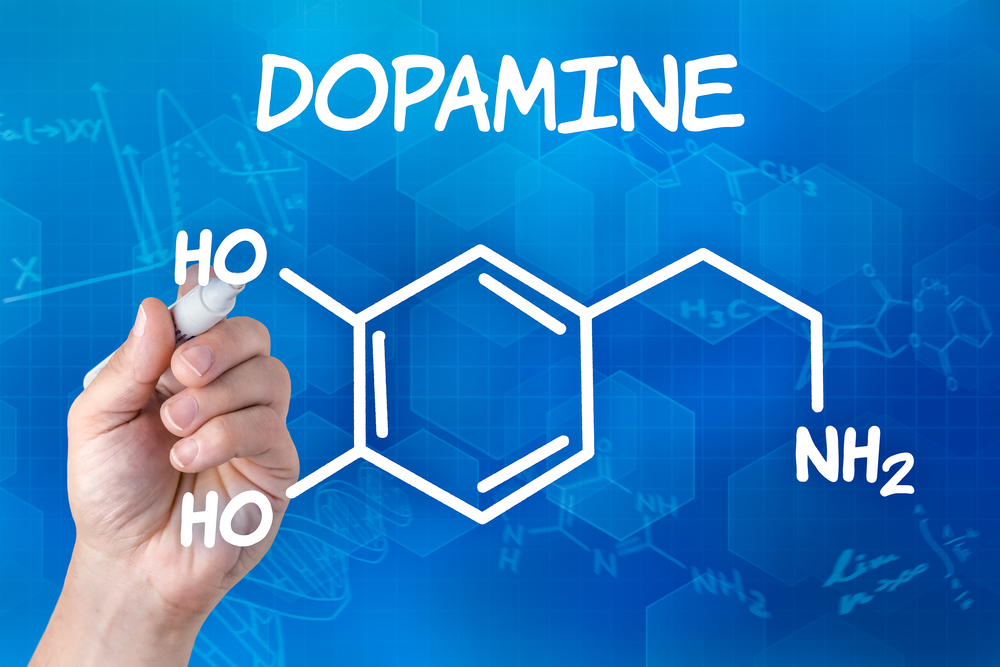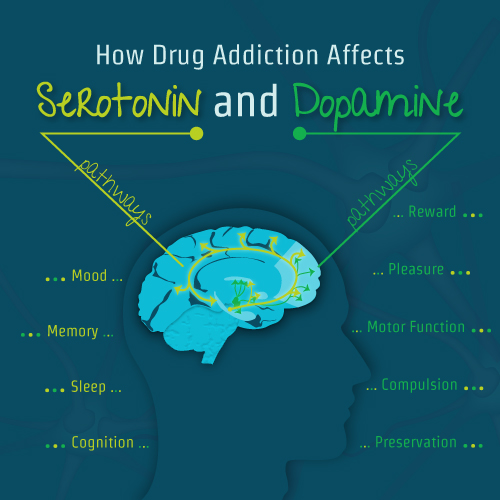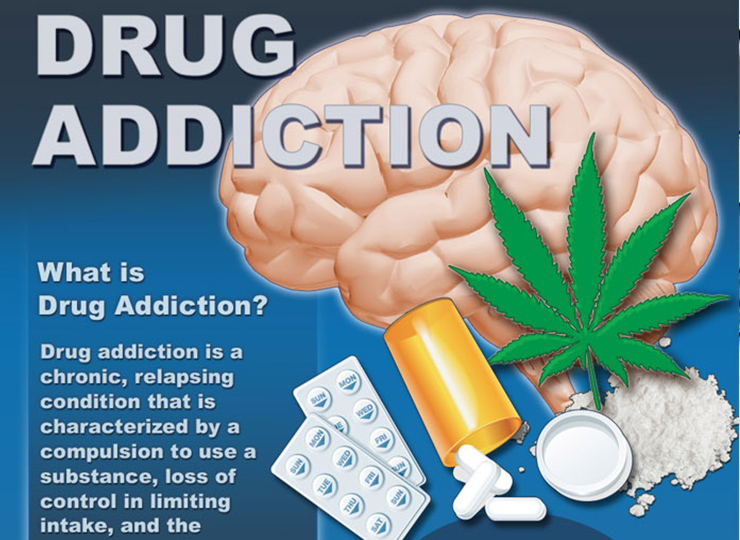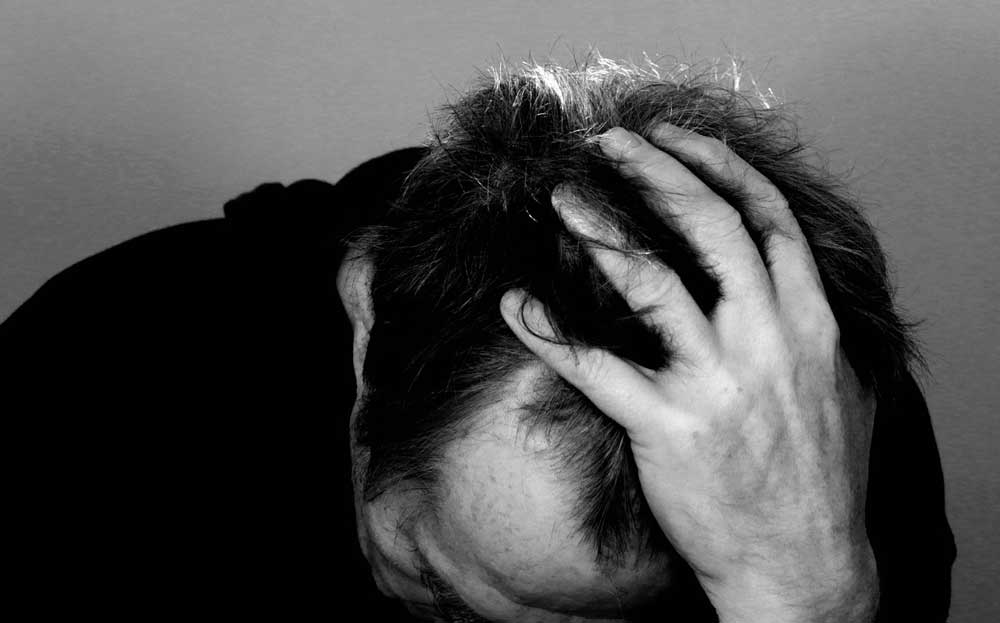Drug use cravings and the brain
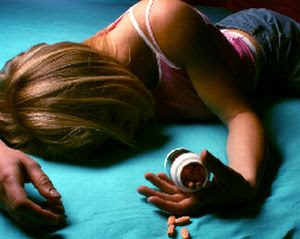
Drug use cravings and the brain have nothing in common
Drug use cravings and the brain: Addictions effect on the brain’s reward system
The delicate functions of the brain demand that at no given time must we have an unhealthy brain. The problem of drug use cravings will, however, not allow this to be. And because the brain is the brain’s reward system which is part of the survival system, in many instances we often experience an urgent need for food whenever we are starving and generally have a powerful desire for sex too. According to doctor Dalal Akoury, MD President and founder of AWAREmed Health and Wellness Resource Center, the brain’s reward system rewards food and sex because they ensure our survival. Unfortunately, drugs of abuse operate within these reward systems which leads people to experience an urgent need or powerful desire for drugs or addictive activities.
The brain’s reward system has ensured our species survival. You may not have known but food, water, and sex are some of the elements that activate the reward system. Therefore when the brain’s reward center is activated, it releases dopamine which then creates a pleasing, enjoyable sensation to motivate us into repeating these behaviors necessary for our survival. That is happening because dopamine has rewarded us with a pleasurable feeling. Doctor Akoury recommends that from an evolutionary standpoint, it is helpful to have a reward system that works.
For example, when there is very little food and you’re wandering around looking for food, and when you finally find something to eat, this triggers your reward system. This pleasing feeling (dopamine “reward”) will become associated with whatever behavior that led you to that food. This causes you to want to repeat that behavior. Moreover, the reward system is closely tied to emotional and subjective memories. If you were successful and found food in a particular place for instance, in the future you will want to look for food in the same location. This reward system increases the likelihood that you will be successful in finding food there the next time. This is because your brain chemicals are rewarding you with a pleasing sensation. It also helps you to remember how and where this pleasant feeling occurred.
Drug use cravings and the brain: Negative dopamine reward sensation
It will come to you as a surprise that the element that motives your survival is the very same reward system that ensures your survival and also rewards drug use. Doctor Akoury reiterates that all addictive substances and activities will trigger the release of dopamine which rewards us with a pleasant sensation thereby succeeding in motivating us to continuously indulge in these harmful behaviors. It is nowadays common knowledge that peoples with addiction problems will all it takes to get their drug of choice and in the same way, they continue with their addiction despite the harm it causes to themselves or their loved ones. It is therefore very important to note that all these characteristic of addictive behaviors arise from the brain’s pleasure and rewards centers. Therefore seeking for lasting solutions becomes a must to do for all victims. This may not be a very popular thing owing to the addictiveness of some of these drugs, but nonetheless, it is the best option if you want to have a healthy life that is free from all sorts of addiction. You can schedule an appointment with doctor Dalal Akoury for the commencement of your journey to recovery.
Drug use cravings and the brain: Addictions effect on the brain’s reward system
http://regenerativepotential.com/wp-admin

